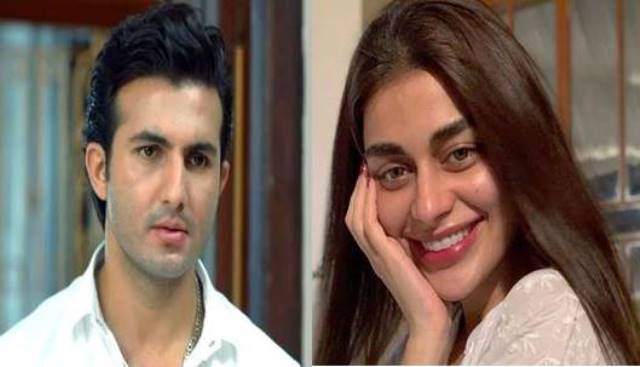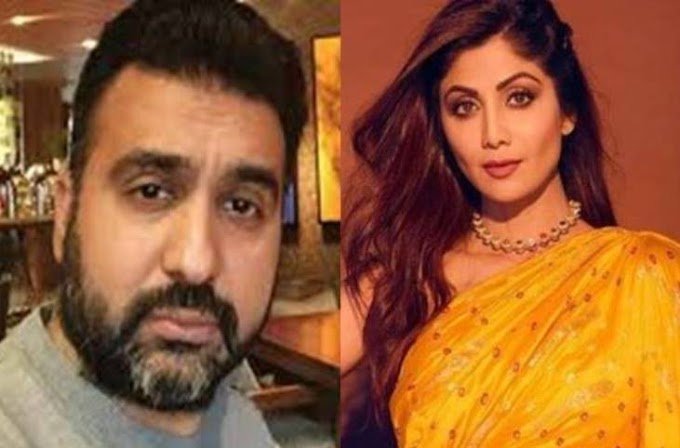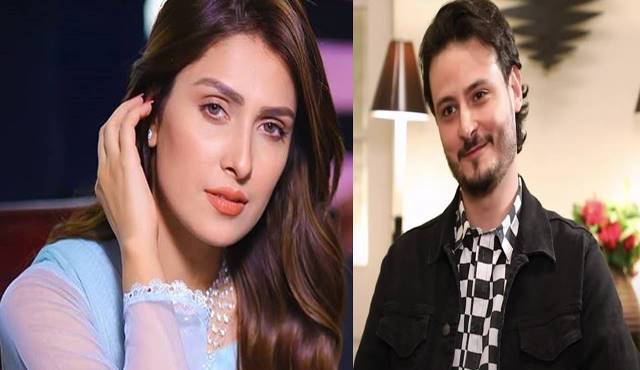Asif Ali Zardari son of Hakim Ali Zardari born in Jul 1954, He is
Sindhi Baloch politician and one of Zulfiqar Ali Bhutto's early political
associates. He is of Baloch origin, belonging to a Jat clan of the
Sindhi-Baloch Zardari tribe. He is the only son of Hakim Ali Zardari, a tribal
chief and prominent landowner, and Bilquis Sultana Zardari. He is also of
partial Iraqi descent on his paternal side.
In his youth, he enjoyed polo and boxing. He led a polo team known
as the Zardari Four. His father owned Bambino cinema in Karachi however, he
donated movie equipment to his school. Asif Ali Zaradari also appeared in a
movie, Salgirah, as a child artist. Zardari's academic background remains a
question mark. He received his primary education from Karachi Grammar School.
His official biography says that he graduated from Cadet College, Petaro in
1972. He went to St Patrick's High School, Karachi from 1973-74. In March 2008,
he claimed he had graduated from London School of Business Studies with a
bachelor of education degree in the early 1970s. Zardari's official biography
states he also attended Pedinton School in Britain.
Zardari's initial political career was unsuccessful before marriage
with Benazir Bhutto. In 1983, he lost an election for a district council seat
in Nawabshah, where his family owned thousands of acres of farmland. He then
went into real estate.
 He married with Benazir Bhutto on 18 Dec1987. The lavish
sunset ceremony in Karachi was followed by immense night celebrations that
included over 100,000 people. The marriage enhanced Bhutto's political position
in a country where older unmarried women are frowned upon.
He married with Benazir Bhutto on 18 Dec1987. The lavish
sunset ceremony in Karachi was followed by immense night celebrations that
included over 100,000 people. The marriage enhanced Bhutto's political position
in a country where older unmarried women are frowned upon.  Asif Zardari and
Benazir Bhutto had one son and two daughters. His son, Bilawal Bhutto Zardari,
is current Chairman of PPP. His older daughter, Bakhtawar born on 25 Jan 1990
and younger daughter, Aseefa born on 2 Feb 1993. After Benazir Bhutto's death,
his sister Faryal Talpur became guardian of his children and he changed Bilawal
Zardari's name to Bilawal Bhutto Zardari.
Asif Zardari and
Benazir Bhutto had one son and two daughters. His son, Bilawal Bhutto Zardari,
is current Chairman of PPP. His older daughter, Bakhtawar born on 25 Jan 1990
and younger daughter, Aseefa born on 2 Feb 1993. After Benazir Bhutto's death,
his sister Faryal Talpur became guardian of his children and he changed Bilawal
Zardari's name to Bilawal Bhutto Zardari.
General Muhammad Zia-ul-Haq died in a plane crash in 1988. Later, Benazir Bhutto became Pakistan's first
female PM, when her party won 94 of 207 seats during GE-1988. Asif Zardari also
moved into the Prime Minister's House and his political career officially
began. He became MNA in the elections held after the ouster of Benazir's
government in 1990. In 1993, he became minister in the cabinet of caretaker
Prime Minister Mir Balakh Sher Mazari, then in Benazir Bhutto's second term as
a member of National Assembly and Minister for Environment and Investment. He also
remained member of Senate from 1997- 1990.
From 1990 to 2004 (14 years) were the most tumultuous years of Asif
Zardari's life. In the first term of Benazir Bhutto, he was made accused of
corruption and an attempt was made to stick Mr. Ten Percent. He was first
arrested in 1990 for plotting to embezzle 800,000 by planting a bomb on the leg of a British businessman namely
Murtaza Bukhari during the reign of President Ghulam Ishaq Khan But he was later
released. According to a report by the Auditor General of Pakistan, Ghulam
Ishaq Khan filed 19 references of corruption against Benazir Bhutto and Asif
Zardari but none of them could be proved.
After removal of Benazir Bhutto’s 2nd government on 5 Nov
1996, Asif Zardari was named in the Murtaza Bhutto assassination case. In the
second term of Nawaz Sharif's government, he was made accused for murdering
former chairman of Steel Mill Sajjad Hussain and a Sindh High Court judge
Justice Nizam Ahmed and his involvement in drug trafficking. Several cases were
registered against him including gold imports, purchase of helicopters,
purchase of Polish tractors and commissioning of French Mirage deals, purchase
of Rockwood Estate in UK, money laundering through Swiss banks and such document
were also released which showed that Asif Ali Zardari bought several thousand
acres of valuable agricultural and commercial land in Hyderabad, Nawabshah and
Karachi, took shares in six sugar mills. Nine in UK, nine in US, two in Belgium
and France, and several projects in Dubai under different names. During this
time, he spent almost ten years in prison and was released in 2004 after being
acquitted of all charges.
Prosecution against him and Asif Zardari slowed down after reconciliation
between Pervez Musharraf and Benazir Bhutto with the efforts of the America,
Britain and some influential friends. The Provisional Constitutional Ordnance (introduced
in October 2007), also played a key role in reconciliation and return of
Benazir Bhutto & Asif Zardari. After the assassination of Benazir Bhutto on
27 Dec, 2007, PPP led by Asif Ali Zardari emerged as the largest party in the
elections. Initially, the assumption was that Asif Zardari would focus only on
the party leadership and become "Mr. Sonia Gandhi". But then he
decided to become president. In August 2008, Altaf Hussain nominated Zardari
for the post of President of Pakistan, after which PPP formally nominated him
for presidential election held on 6 September 2008.
Usually, the president nominees
resign from the political party, but Zardari did not do so and remained an
active leader of PPP. According to some observers, this was possible because
despite the tradition, there is no doubt that constitution of Pakistan is
non-political. Lahore High Court finally
advised Zardari that it is not appropriate to hold a political office while in
the spirit of the constitution. The ruling refrained from issuing any order. Zardari
split from the party leadership for fear of a court decision just before 2013
elections. Zardari completed his five-year term on 8 Sep 2013, becoming
the first democratically elected President in the 66 years history of Pakistan
to complete his tenure.
He received a guard of honour while leaving the
Aiwan-e-Sadr. He was succeeded by Mamnoon Hussain as President. During GE-2018,
he contested from NA-213 (Shaheed Benazirabad-I) and became MNA.

















0 Comments
Please do not enter any spam link in the comments box